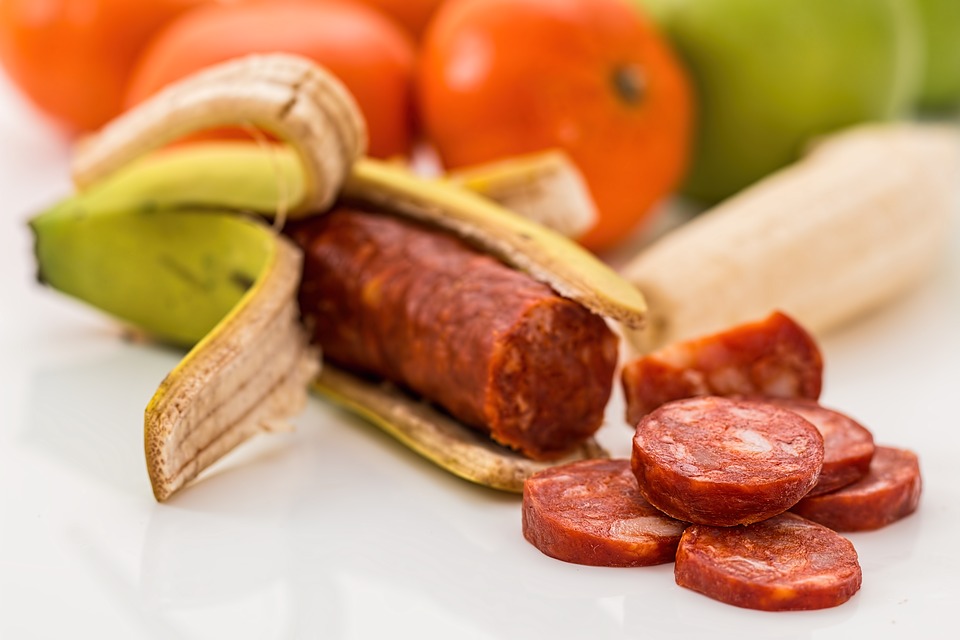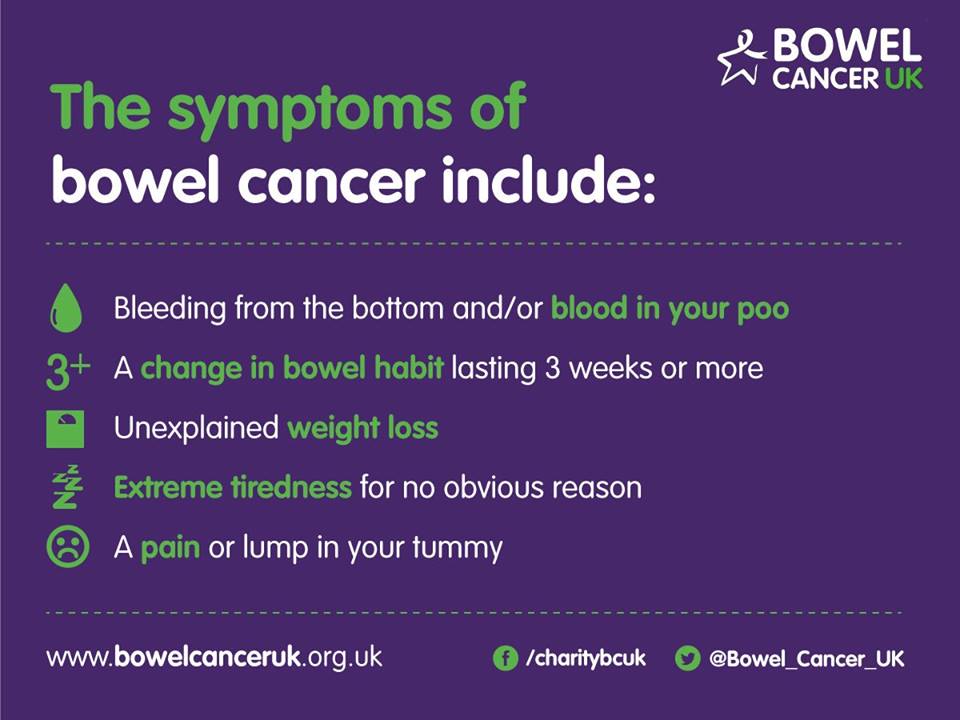
Ultra-processed foods may be linked to cancer
“Ultra-processed foods may be linked to cancer, says study,” The Guardian reports.
The term ultra-processed has been taken from the recently introduced NOVA classification system, which classifies foods based on the nature, extent and purpose of food processing.
These are defined as foods where complex processing has taken place using chemicals almost never found in kitchens, as opposed to more straightforward processing techniques like salting meat or putting vegetables or fruit into cans.
Examples include mass-produced breads and cakes, snacks and sweets, fizzy drinks, and ready meals.
Researchers in France studied the diets of more than 100,000 people for 7 years.
They found small increases in the overall rate of cancer and breast cancer after the menopause in those who had the highest proportion of ultra-processed food in their diet.
But because of the wide range of foods included in the ultra-processed category, it’s difficult to establish which specific foods might be responsible for the increased cancer risk, and why.
The increased risk could be caused by eating more high-sugar, high-fat processed food.
Or it may be that some people who eat more ultra-processed foods tend to be unhealthy in other ways, too.
We know people who eat more ultra-processed food are also more likely to smoke, take less exercise and take in more calories.
The researchers also discussed the hypothesis that while the individual chemicals used in food processes are thought to be safe, they may be interacting with each other in unpredictable ways.
If you want to cut your risk of cancer, you should quit smoking if you smoke, eat a healthy, balanced diet that includes plenty of fruit and vegetables, drink less alcohol, and get plenty of exercise.
Read more advice about how to prevent cancer.
Where did the story come from?
The study was done by researchers from several Parisian research institutions working together as the Nutritional Epidemiology Research Team, as well as the Institut National de la Recherche Agronomique and the University of Sao Paulo in Brazil.
It was funded by 10 different research institutions and published in the peer-reviewed British Medical Journal on an open access basis, so it’s free to read online.
The study was widely reported on in the UK media. Much of the reporting overstated the risk – the Mail Online said that cancer “is claiming more lives because of the popularity of ready meals”.
The Times claimed that, “Eating factory-made food, including cornflakes, pizza and chocolate bars, every day increases the risk of cancer by a quarter” – but the data doesn’t bear this out.
Some of the reporting suggested that the specific foods listed added to the risk, although the study considered all ultra-processed foods in one category, so we don’t know specifically which foods contributed to the potential risk.
What kind of research was this?
This cohort study followed what happened to a large group of adults who volunteered to fill in health and diet questionnaires over several years.
This type of observational study can spot links between factors, but can’t prove that one factor (such as a diet high in processed foods) causes another (cancer).
What did the research involve?
Researchers recruited adult volunteers to join the online study from 2009.
Participants filled in questionnaires about their health and background, as well as a questionnaire about all the food they had eaten in the past 24 hours.
The food questionnaire was repeated every 6 months up to January 2017.
Researchers used results from the 104,980 people who’d filled in at least 2 questionnaires during that time.
They categorised people’s diets according to the proportion that was ultra-processed.
After adjusting their figures to take account of potential confounding factors, they looked at whether people with a diet high in ultra-processed foods were more likely to get any type of cancer, or breast, prostate or colorectal cancer specifically.
Factors taken into account included:
age and sex
body mass index and height
physical activity
smoking and alcohol intake
overall energy intake in calories (excluding alcohol)
family history of cancer
educational level
nutritional content of diet (fat, salt and carbohydrate) and “western dietary pattern”
For breast cancer, they also took account of:
number of children
menopausal status and use of HRT
oral contraception use
What were the basic results?
There were 2,228 cancers over an average 5-year follow-up period among the 104,980 participants in the study.
Most of the people whose records were used in the study were women (78.3%).
After taking account of potential confounding factors, each 10% increase in the proportion of ultra-processed food in the diet was linked to:
a 12% increase in risk of any cancer (hazard ratio [HR] 1.12, 95% confidence interval [CI] 1.06 to 1.18)
no increase in risk of prostate cancer
no increase in risk of colorectal cancer
an 11% increase in risk of breast cancer (HR 1.11, 95% CI 1.02 to 1.22) – but this only held true for breast cancer after the menopause
How did the researchers interpret the results?
The researchers said there are “several hypotheses” that could explain their results.
These include:
the “generally poorer nutritional quality” of ultra-processed food
the “wide range of additives” in some ultra-processed food, including the whitening agent titanium dioxide
contaminants such as acrylamide, produced through heat treatment of some ultra-processed food
contaminants from packaging of some ultra-processed foods, including the plastic softener bisphenol A (BPA)
Overall, they say, “Rapidly increasing consumption of ultra-processed foods may drive an increasing burden of cancer and other non-communicable diseases”, and governments should consider taking action such as taxation and marketing restrictions on these foods.
Conclusion
It shouldn’t be news to anyone that eating a healthy, balanced diet that includes plenty of fresh fruit and vegetables is good for our health.
This study suggests that eating too much ultra-processed food as part of your regular diet may slightly increase your risk of some types of cancer.
Ultra-processed foods are defined according to a scale that classifies foods by the way in which they have been prepared.
They tend to have additives and flavouring added to them during the manufacturing process to improve taste and extend shelf-life.
The study was carried out carefully, with a large number of people taking part, and the researchers did their best to take account of other confounding factors.
But it has limitations that make it difficult to draw any firm conclusions.
The way foods were divided into ultra-processed or other foods seems rather arbitrary. Is bread made in a manufacturing plant and wrapped in plastic very different from homemade bread or bread handmade in an artisan bakery?
Despite the authors’ efforts, it’s very hard to separate someone’s diet from the rest of their lifestyle.
We know people who ate more ultra-processed food were more likely to smoke, take less exercise, be less educated and take in more calories.
Other unmeasured aspects of their lives – such as deprivation and access to healthcare – might also have affected the results.
All the questionnaires were filled in online, rather than being verified by researchers, so we can’t be sure of their accuracy.
The people who took part in the study were mainly women and tended to be more educated than the average person in France.
They also decided to take part in a health and diet study themselves, so were likely to be interested in their health.
So many things affect cancer risk, from inherited genetic susceptibility to lifestyle and environment. A small increase in risk from one factor may be easily cancelled out by others.
That said, ultra-processed foods tend to be high in fat, salt and sugar, so you should make sure your diet isn’t based on them.
Make sure you get your recommended 5 a Day of fruit and vegetables.




